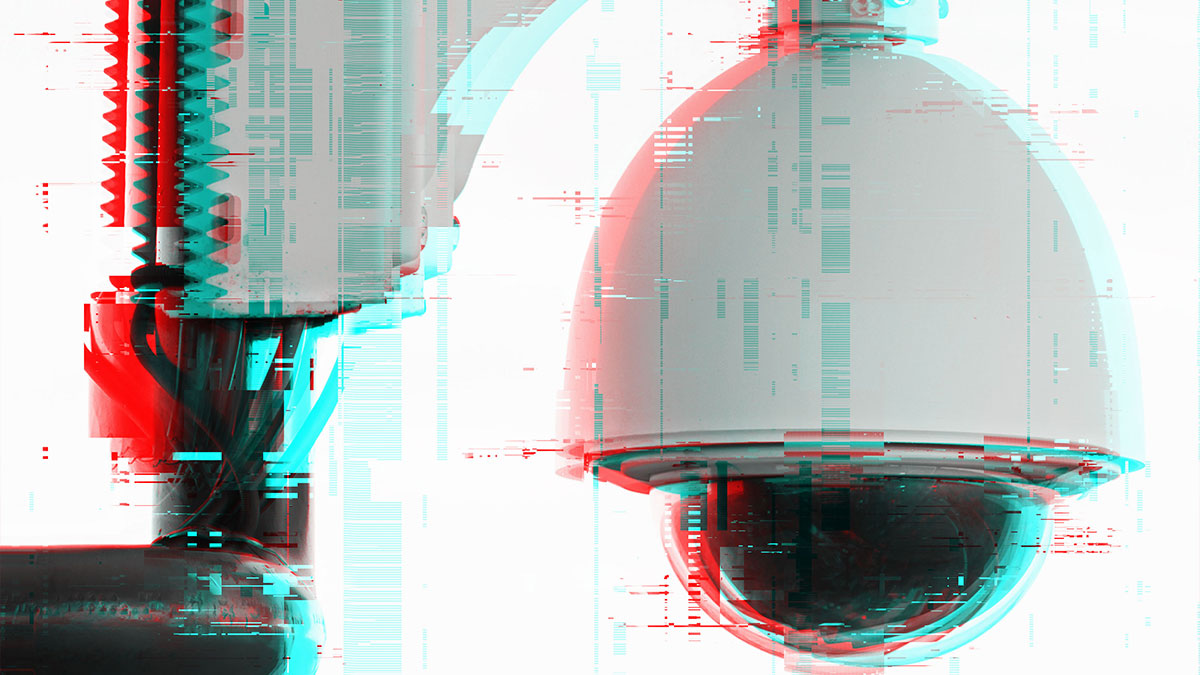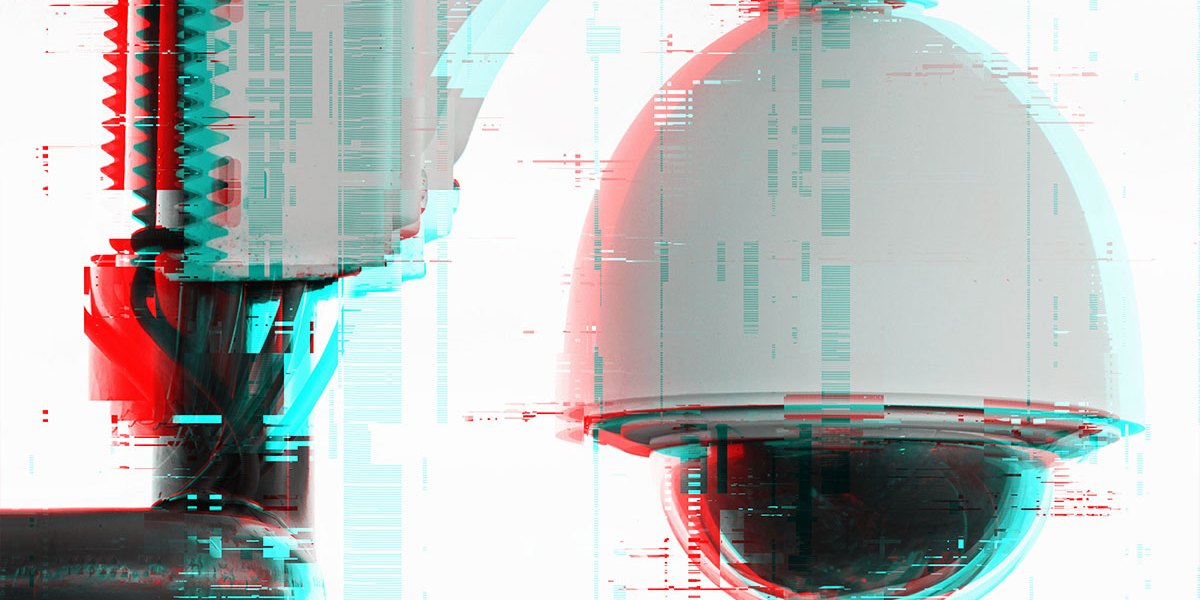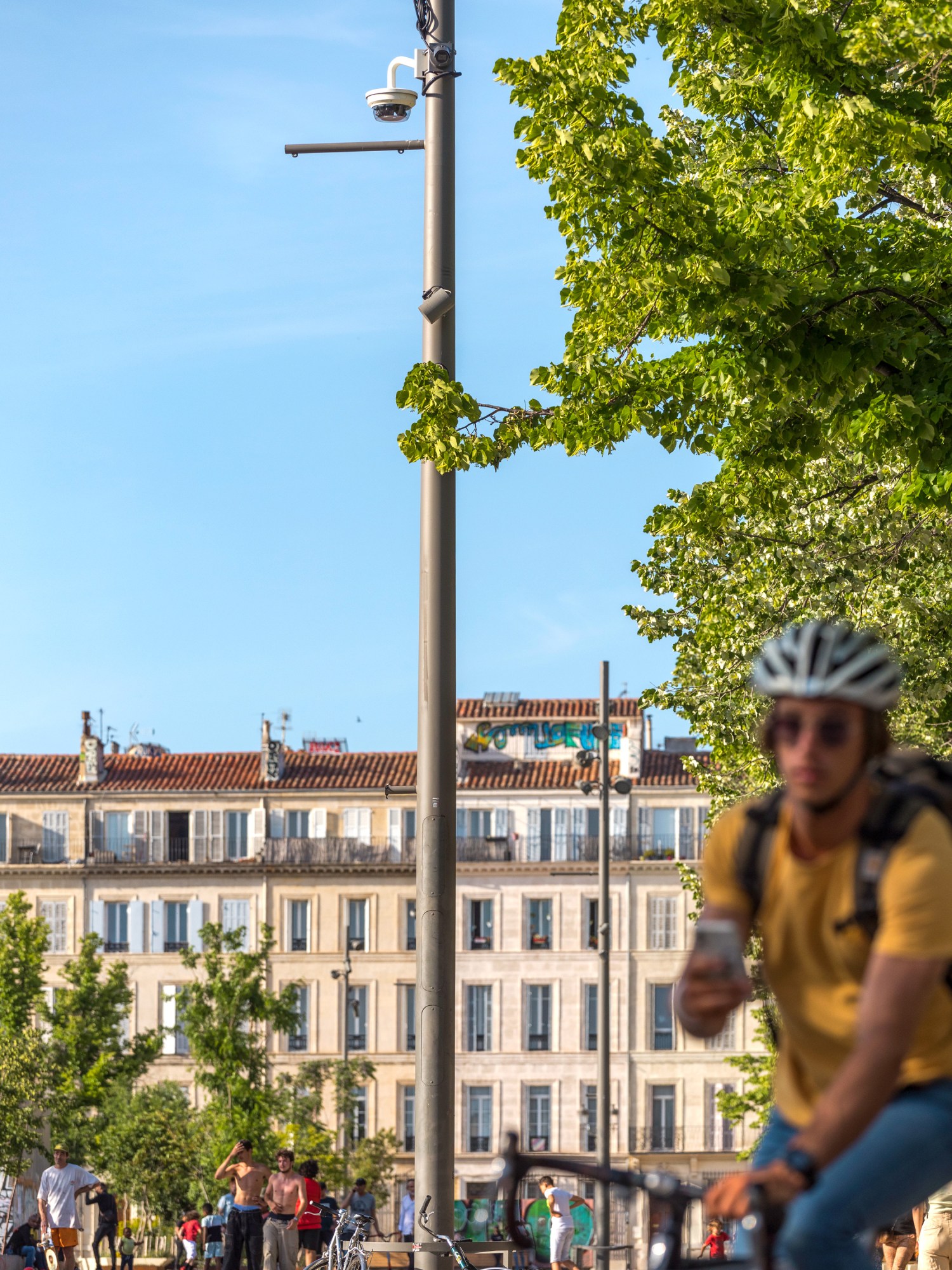## Your Face is No Longer Your Only ID: Police Tech Finds New Ways to Track You
Remember when we warned you about the dangers of facial recognition? Turns out, Big Brother might be getting even sneakier. MIT Technology Review just dropped a bombshell: police are developing new tech that can identify you without relying on your face.

That’s right, even if your city bans facial recognition, the cops could still be watching you through your shoes, your gait, or even your unique way of typing.
Buckle up, gamers, because this is a deep dive into the chilling future of law enforcement surveillance. We’re breaking down the latest advancements, exploring the ethical implications, and asking: how much privacy are we really willing to sacrifice for “safety”?Marseille: A Hotspot of Resistance

Marseille, a city pulsating with a unique blend of vibrant culture and complex social challenges, has emerged as a focal point for surveillance activism. Known for its bustling bars, thriving art scene, and burgeoning startup ecosystem, Marseille also grapples with issues of poverty, crime, and gang violence, making it a testing ground for the deployment of advanced security technologies.
This complex socio-political landscape has fueled a growing resistance movement against the increasing use of surveillance technologies within the city. Marseille’s residents, deeply aware of the potential for these technologies to be misused, are pushing back against what they perceive as an erosion of their civil liberties.

Technopolice: A Network of Resistance
Challenging Surveillance Expansion
At the forefront of this resistance movement is Technopolice, a campaign and activist network launched in 2019 by the digital rights advocacy group La Quadrature du Net in collaboration with other organizations. Technopolice has become a powerful voice in the fight against the unchecked expansion of surveillance technologies in public spaces.

Raising Awareness and Mobilizing Action
Technopolice’s strategies are multifaceted, encompassing public awareness campaigns, legal challenges, and direct action. By organizing demonstrations, distributing flyers, and engaging in online activism, they aim to educate the public about the potential dangers of pervasive surveillance and mobilize support for their cause.

Digital Rights Advocacy
Technopolice’s efforts extend beyond raising awareness. They actively engage in legal battles against surveillance projects, challenging their legality and demanding greater transparency from authorities. Their legal interventions have played a crucial role in shaping the debate surrounding surveillance technologies in France.

The Battle for Public Spaces
Balancing Security and Liberty
Technopolice’s activism highlights the ongoing struggle to strike a balance between legitimate security concerns and the protection of individual liberties in the digital age. The deployment of advanced surveillance technologies raises complex ethical considerations, particularly regarding privacy, freedom of expression, and the potential for misuse by authorities.
The Slippery Slope of Predictive Policing
One of the most contentious issues surrounding surveillance technologies is the use of algorithms for predictive policing. While proponents argue that such systems can help prevent crime and allocate resources more effectively, critics warn of the dangers of relying on biased algorithms that could perpetuate existing inequalities and lead to discriminatory outcomes.
The Erosion of Trust
The widespread deployment of surveillance technologies can also erode trust between citizens and the state. When individuals feel constantly watched and monitored, it can create a climate of fear and suspicion, undermining social cohesion and democratic values.
Conclusion
So, what does this mean for the future of gaming, and our privacy? The MIT Technology Review article reveals a chilling truth: even in the face of burgeoning facial recognition bans, law enforcement agencies can still utilize eerily similar technologies to track and identify players.
These “workarounds” bypass traditional facial recognition by focusing on other unique biometrics, creating a chilling new reality where our digital footprints can be used against us. Imagine a world where your gaming habits, your in-game movements, and even your voice are used to build a profile that can be exploited for surveillance. This isn’t just a dystopian sci-fi plot; it’s a real possibility that demands our attention. The lines between the virtual and real worlds are blurring, and the consequences of unchecked technological advancement in law enforcement could be profound.
The future of gaming, and our right to privacy, hangs in the balance. Will we allow these technologies to transform our digital spaces into constant surveillance zones, or will we fight to ensure that gaming remains a space for freedom, creativity, and connection? The choice is ours.